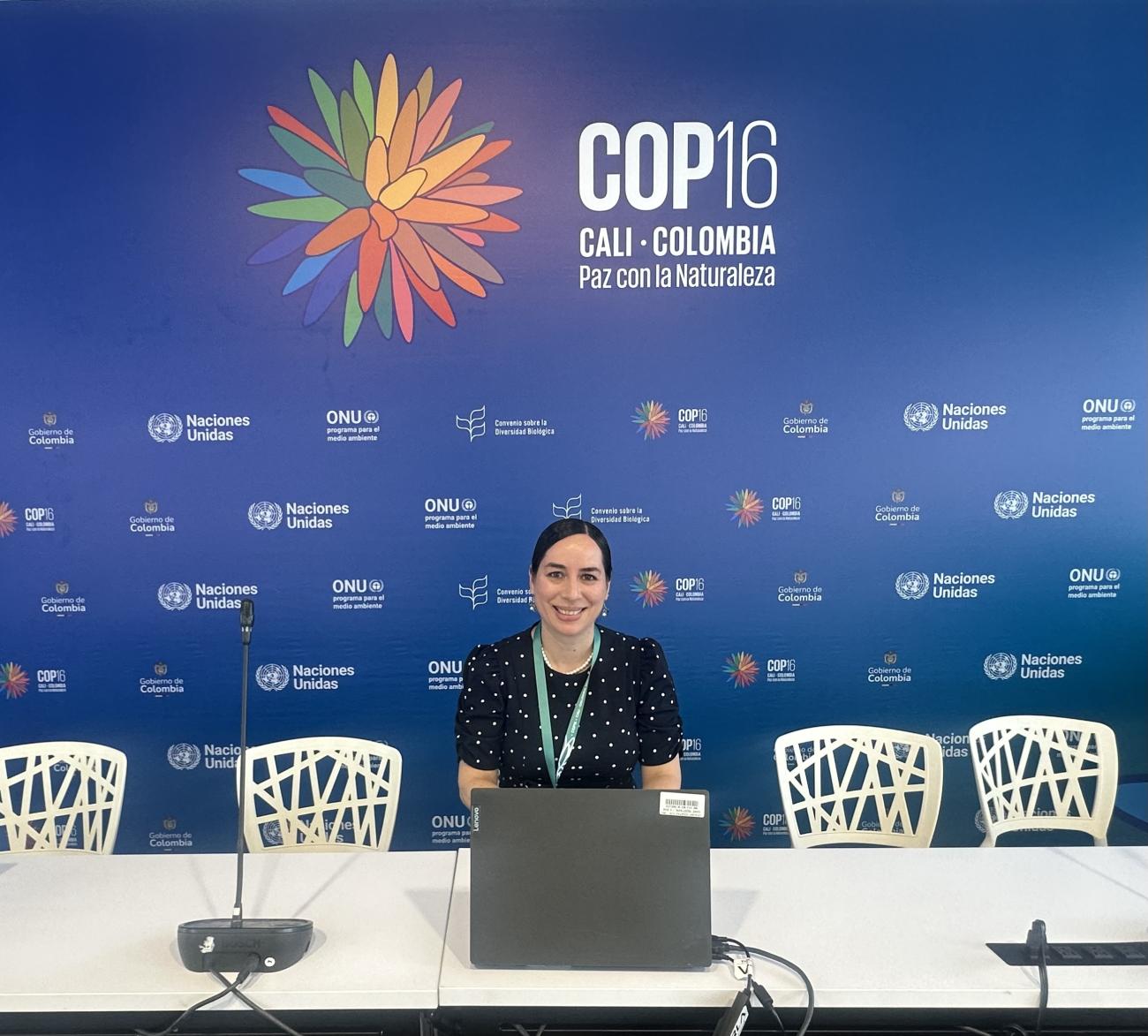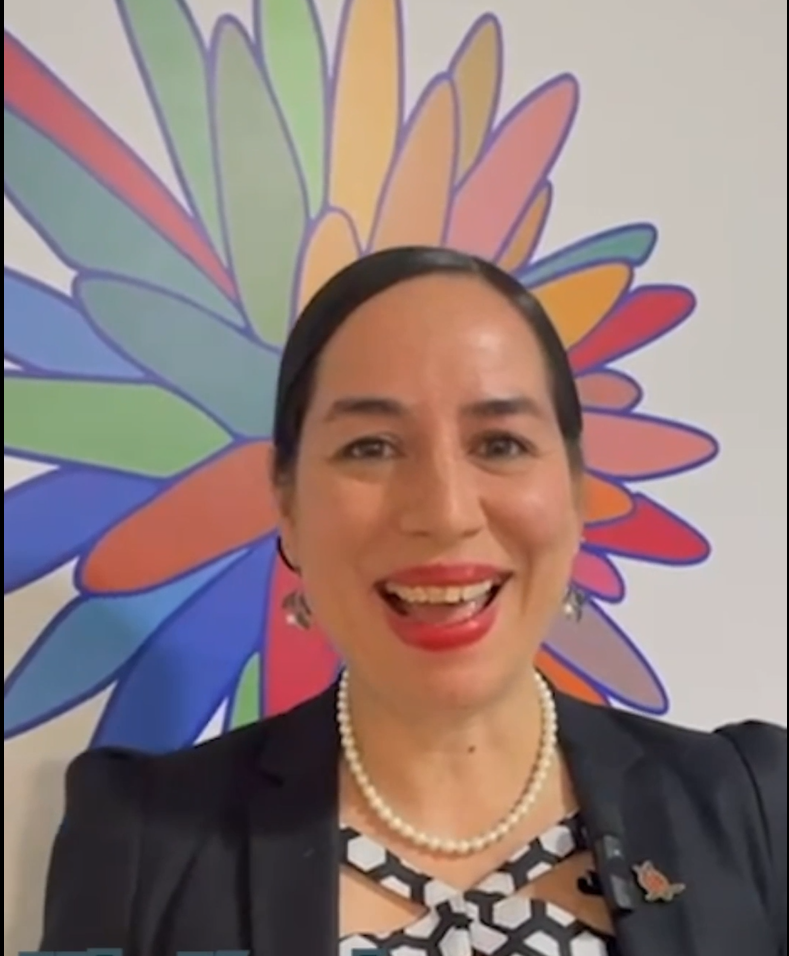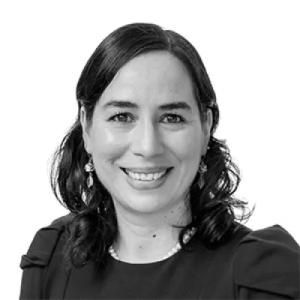A doctoral student at the Environmental Change Institute has helped shape a statement from Academia and Research Organisations delivered to delegates at the UN Biodiversity Conference in Cali, Colombia.

Paola Fajardo is one of a number of academics from the University of Oxford advocating for ambitious nature recovery actions at the United Nations Conference of the Parties for Biodiversity (COP16) in Columbia.
The conference will bring together governments from nearly 200 countries to decide on actions to meet the agreed targets to halt and reverse the loss of biodiversity by 2030, and restore 30% of all Degraded Ecosystems (Target 2 of the Kunming-Montreal Global Biodiversity Framework).
A delegation of more than thirty University of Oxford researchers from diverse disciplines and Departments will be following the proceedings, both in-person and online, contributing their wide-range of expertise to the discussions.
Paola is a DPhil (PhD) student working at the ECI. Her doctoral research explores the mechanisms, socio-ecological benefits, decision-making processes and human dimensions of community-based mangrove recovery approaches funded by the federal government in Mexico.
At COP16, Paola participated along delegates representing Parties, Academia, Indigenous Peoples, UN Agencies, NGOs, and other stakeholders in the first ever “Biodiversity Capacity-Building and Development Forum” with a focus on strengthening capacities for the implementation of National Biodiversity Strategies and Action Plans. Paola said:
I am a strong advocate for the creation of an International (Global) Biodiversity Fund from public, private and philanthropic sources, which could directly support Indigenous Peoples and Local Communities' (IP&LC) efforts to protect and restore nature.
My hope for COP16 is that robust, just, meaningful, transparent, rights-based, and culturally respectful rules are defined for the distribution of funding under the newly created Kunming-Montreal Global Biodiversity Framework Fund (KMGBFF), and other financial mechanisms under the GBF, and that such funds are directly awarded to parties and local organizations, as only around 1% of conservation funds reach the ground. Currently 20% of the funds of the KMGBFF will support IP&LC, yet I hope that this amount is increased.
Watch Paola's interview

Speaking after the plenary session, Paola explained how delighted and honoured she was to have contributed to the drafting of the opening statement of the Academic and Research Organisations and what a unique and important opportunity it was to collaborate with delegates from universities and research centres from the Global North and Global South. You can watch this short film of Paola interviewed at COP16.
When drafting the statement, Paola highlighted the importance of including wording regarding the "protection, restoration, and sustainable use of biodiversity", and that "effective and immediate action" is needed "from all sectors of society" considering different perspectives and worldviews.
The Oxford delegation comprises around 30 researchers representing the School of Geography and the Environment, Department of Biology, Blavatnik School of Government, Saïd Business School, Department for Continuing Education, and the Laudato Si’ Research Institute. Their expertise covers a wide spectrum including conservation and human rights; nature-based solutions; biodiversity finance; climate change and biodiversity; human-wildlife conflict; wildlife trade; land use; and environmental law.
Read more on other members of the University of Oxford delegation.

